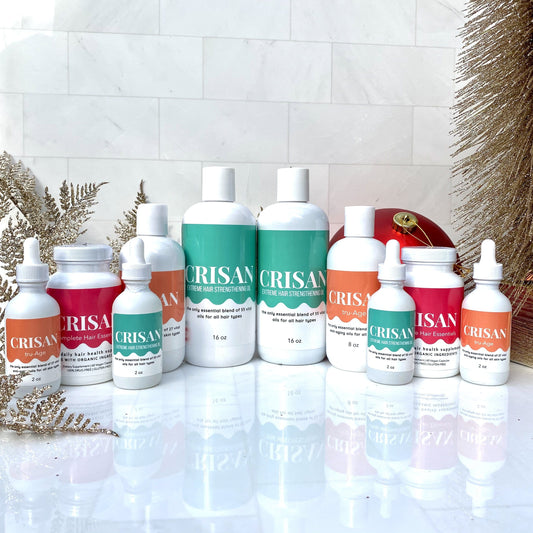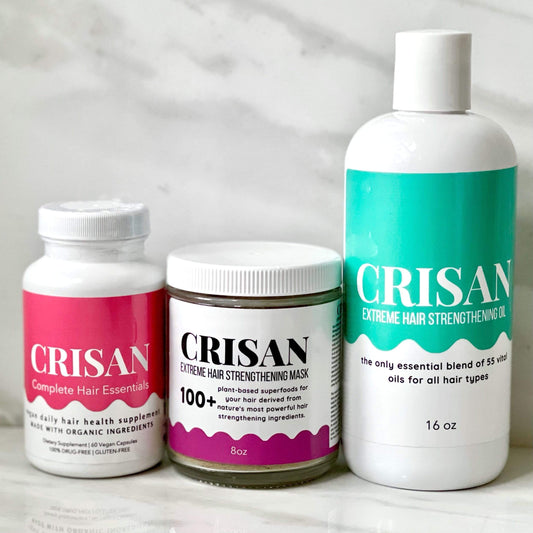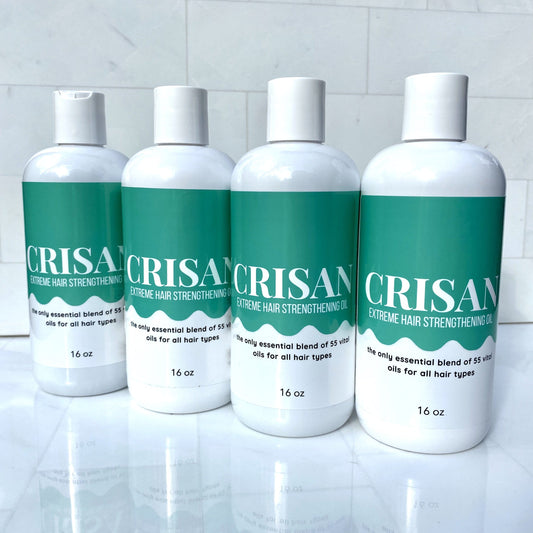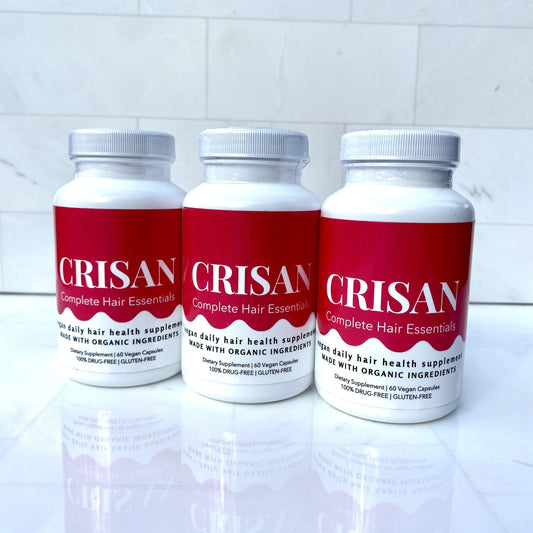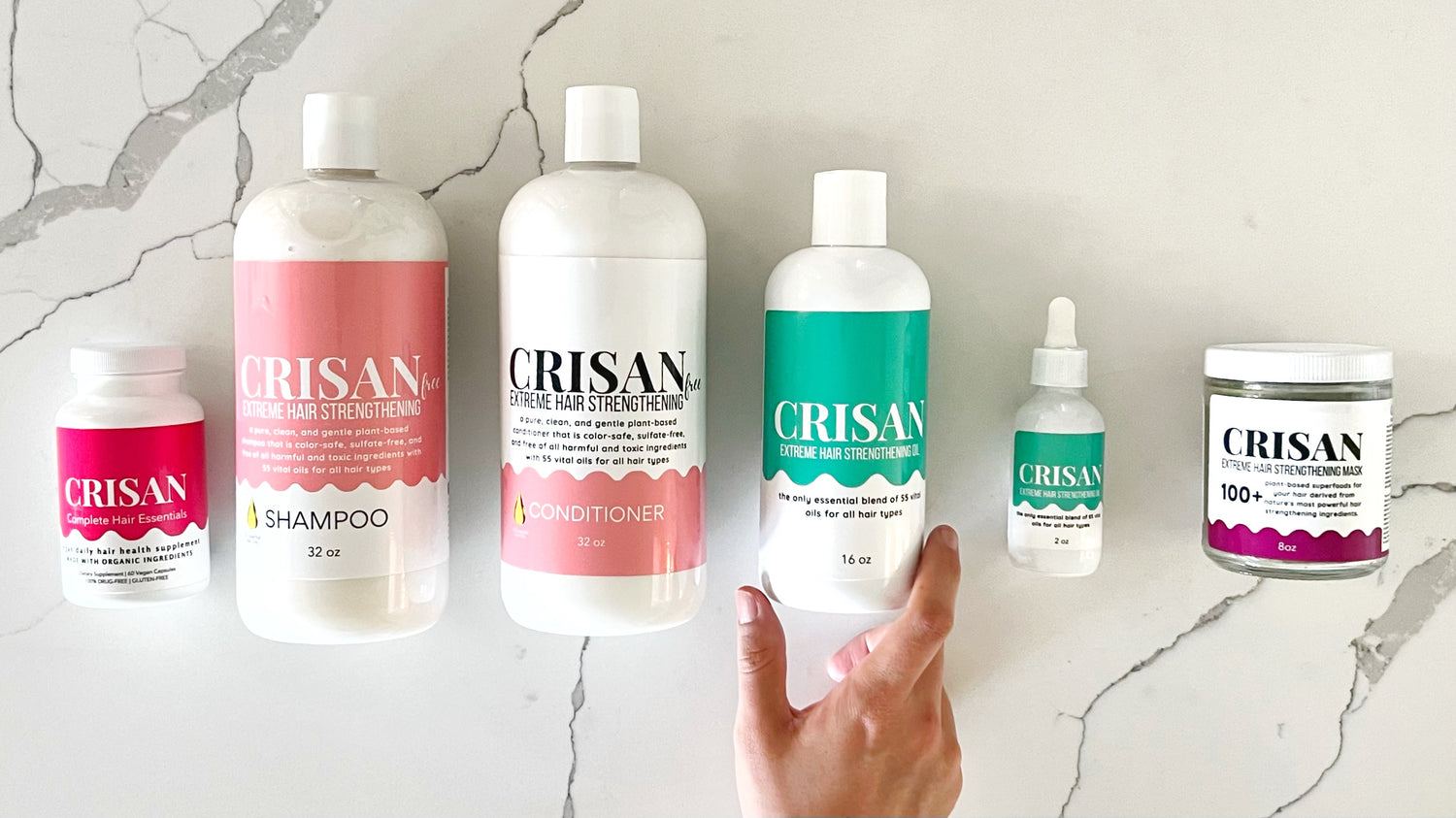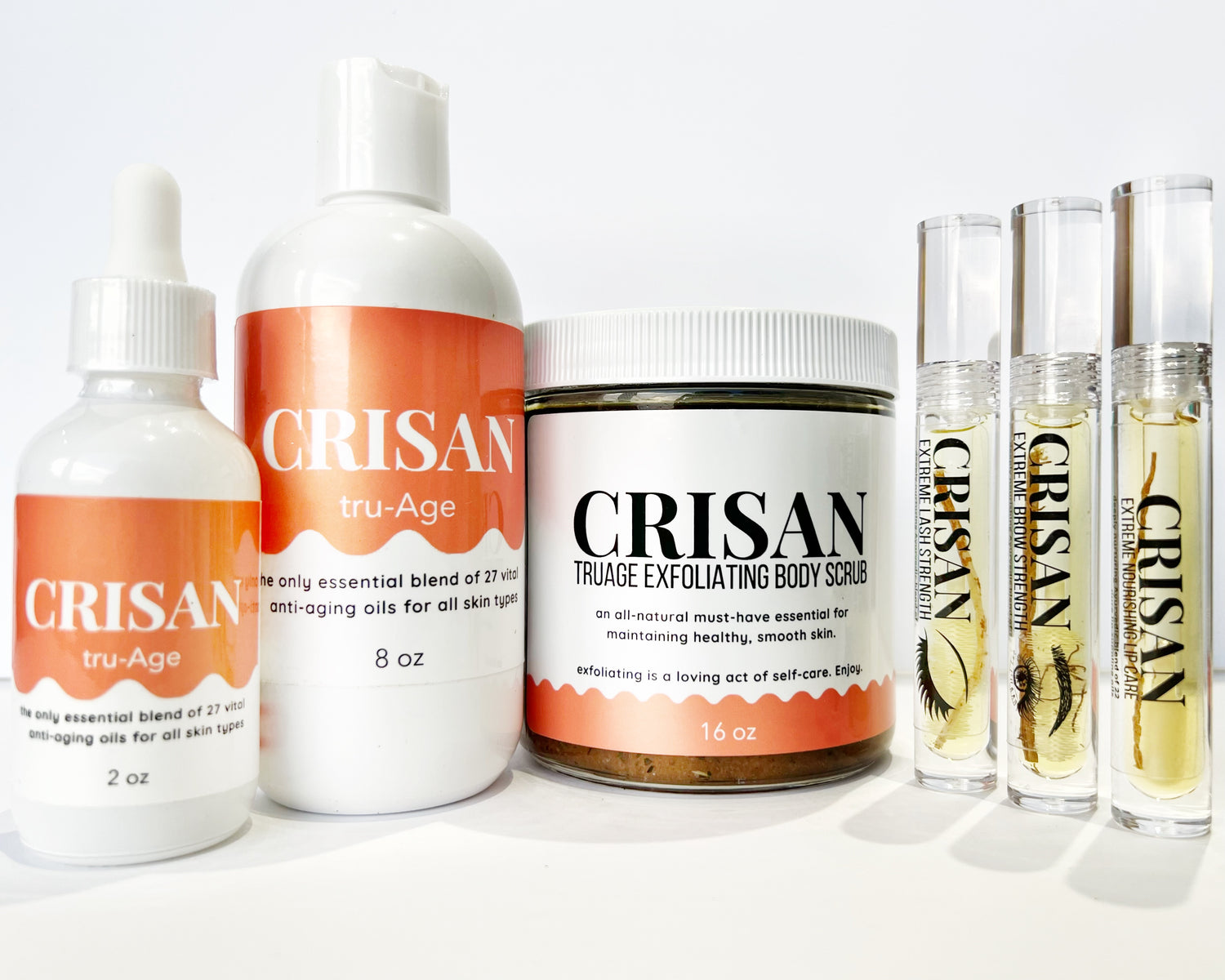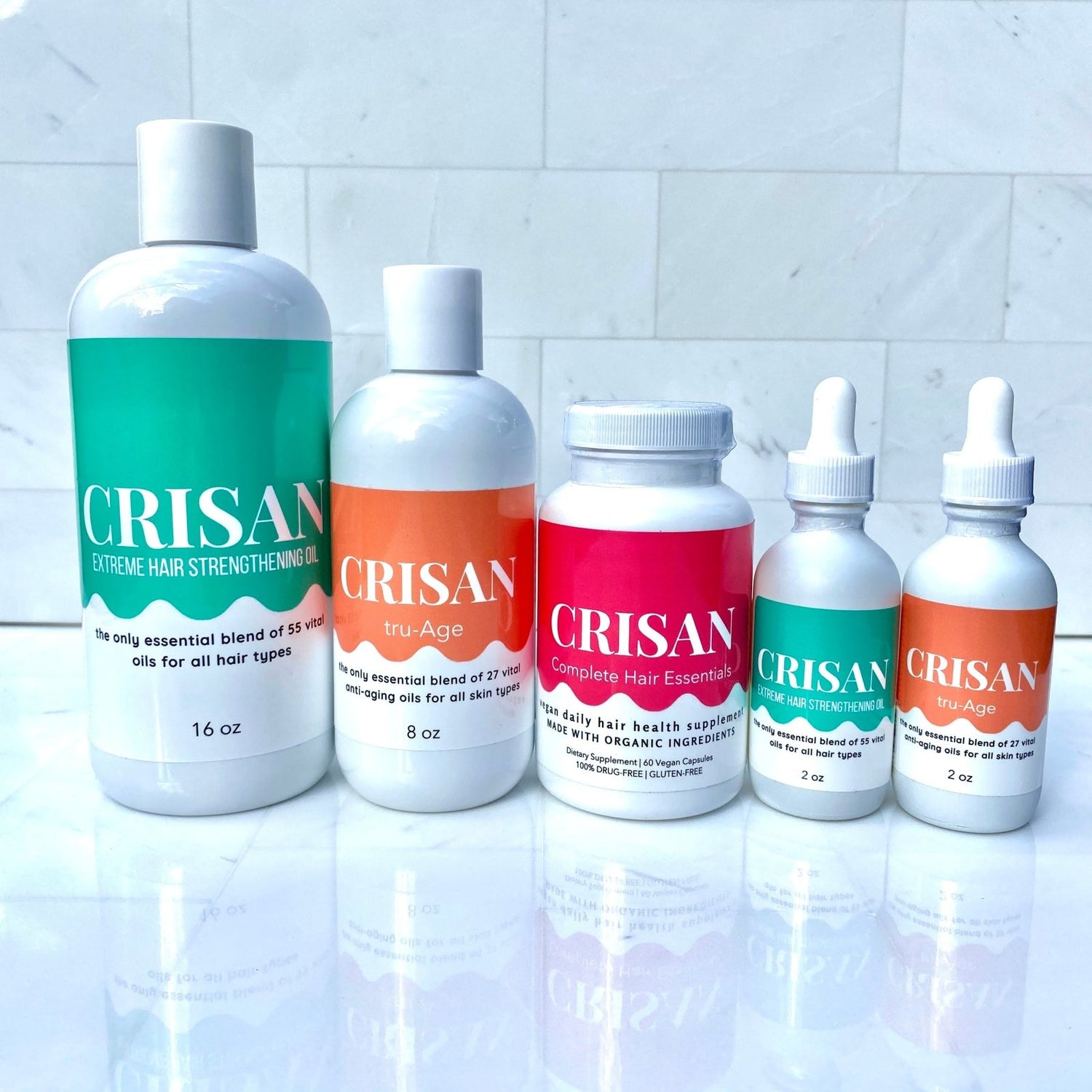Hair loss is a natural part of life that can affect anyone, but that doesn’t mean it can’t impact your confidence. Understanding the causes of hair loss and using the right organic hair care products can help manage this condition effectively. This guide will walk you through creating an organic hair care routine tailored to combat hair loss, ensuring your mane remains strong, healthy, and vibrant.
Key Takeaways
- Understanding the root causes of hair loss, including genetics, stress, and diet, is crucial for effective management.
- Choosing organic hair care products with beneficial ingredients and avoiding harmful chemicals can promote healthier hair growth.
- A gentle washing routine using organic shampoos and conditioners is essential to maintain hair health and prevent further loss.
- Incorporating scalp care practices like massages, essential oils, and exfoliation can significantly improve scalp health and hair growth.
- Consistency and patience are key; it may take time to see results, so track your progress and adjust your routine as needed.
Understanding the Causes of Hair Loss
Hair loss is a natural part of life, but that doesn’t mean it can’t knock your confidence from time to time. Understanding what’s causing it will help you to work out how to manage it, and using the right hair care products can help to give your mane some extra oomph.
Common Factors Contributing to Hair Loss
Hair loss can be caused by a range of factors. Age (and genetics) is a big one - as we get older, some of our hair follicles can stop growing hair, causing hairlines to recede and our hair to get thinner. Stress, illness, weight loss, and iron deficiency are other causes. Nutritional deficiencies such as iron, copper, zinc, vitamin B12, and protein are also linked to hair loss. Additionally, certain medical conditions like thyroid disorders, scalp infections, and autoimmune diseases (alopecia areata) can contribute to hair loss.
The Role of Genetics in Hair Loss
Because hair loss is genetic, you’re likely to experience the same type of hair loss pattern as your parents. This hereditary condition, known as androgenetic alopecia, affects both men and women. In men, it often presents as a receding hairline and bald spots, while in women, it typically manifests as overall thinning.
How Stress and Diet Affect Hair Health
Stress can significantly impact your hair health. High stress levels can push hair follicles into a resting phase, leading to increased shedding and hair thinning. Similarly, a poor diet lacking essential nutrients can weaken hair structure and slow down growth. Ensuring a balanced diet rich in vitamins and minerals is crucial for maintaining healthy hair. Nutritional deficiencies can exacerbate hair loss, making it important to address any dietary gaps.
Maintaining a healthy lifestyle, managing stress, and using the right hair care products can make a significant difference in preventing and managing hair loss.
Choosing the Right Organic Products
When it comes to selecting organic hair care products, it's essential to focus on ingredients that nourish and protect your hair. How to choose organic shampoo for thinning hair involves understanding which natural components can help strengthen and revitalize your locks.
Key Ingredients to Look For
Look for ingredients like aloe vera, coconut oil, and shea butter, which are known for their moisturizing and strengthening properties. Additionally, essential oils such as rosemary and lavender can promote scalp health and stimulate hair growth.
Avoiding Harmful Chemicals
It's crucial to avoid products containing sulfates, parabens, and synthetic fragrances. These chemicals can strip your hair of its natural oils and cause further damage. Instead, opt for products with organic certifications to ensure the purity of the ingredients used.
Tailoring Products to Your Hair Type
Understanding your hair type is vital in choosing the right products. For instance, if you have dry or damaged hair, look for deeply hydrating ingredients. If your hair is oily, lighter formulations with balancing properties are ideal. Remember, it may take some trial and error to find the best organic hair care formulations for your specific needs.
Consistency is key. Use products regularly to see the best results and be patient as organic products may take time to show their full benefits.
Creating a Gentle Washing Routine
Selecting an Organic Shampoo
Choose a gentle, sulfate-free shampoo with natural ingredients like aloe vera, chamomile, or tea tree oil. These ingredients cleanse without harsh stripping, maintaining your scalp’s natural balance while promoting hair health.
The Importance of Conditioning
Embrace natural conditioning by replacing traditional conditioners with alternatives like apple cider vinegar, aloe vera gel, or coconut oil. These options provide deep hydration and nourishment, leaving your hair smooth and manageable without synthetic additives.
How Often to Wash Your Hair
How often should you wash your hair? This depends on your hair type and lifestyle. While some may need to shampoo once a week, others with curly or coily hair may find that washing once every two weeks works best. The key is to find a rhythm that suits your life and hair needs.
Put the above steps into a weekly or biweekly structure that follows the rhythm of your life. This way, it’ll become easier to remember your hair routine as it pertains to other existing parts of your life.
Incorporating Scalp Care
Benefits of Scalp Massages
Massaging your scalp with oil, or oiling, improves blood flow and circulation and nourishes your roots. Trichologists advocate scalp massage to improve blood circulation, enhance nutrient delivery to hair follicles, and promote relaxation, which supports overall hair health. This practice can be particularly beneficial for those looking to improve scalp health with organic solutions for thinning hair.
Using Essential Oils for Scalp Health
Consider using essential oils like rosemary, peppermint, or lavender. These oils can be mixed with a carrier oil such as coconut or jojoba oil. Apply the mixture to your scalp and massage gently. Essential oils not only provide a pleasant aroma but also have properties that can improve scalp health and stimulate hair growth.
Exfoliating the Scalp
Exfoliating your scalp helps remove dead skin cells and unclog hair follicles, promoting a healthier environment for hair growth. Use a gentle exfoliating scrub or a brush designed for scalp exfoliation. This practice can help in maintaining a clean and healthy scalp, which is crucial for those dealing with hair loss.
Regular scalp care is essential for maintaining a healthy environment for hair growth. Incorporating these practices into your routine can make a significant difference in the health of your scalp and hair.
Protecting and Styling Your Hair Naturally
Limiting Heat Styling
Heat styling tools can cause significant damage to your hair, leading to breakage and thinning. To protect your hair, limit the use of heat styling tools like flat irons, curling wands, and blow dryers. Instead, embrace natural hairstyles that require minimal manipulation. Protective styles such as braids, buns, and twist-outs can help maintain your hair's health while reducing the need for heat.
Using Natural UV Protectants
Exposure to the sun's UV rays can weaken your hair and cause it to become brittle. To shield your hair from UV damage, use natural UV protectants like shea butter, coconut oil, or aloe vera gel. These ingredients not only protect your hair but also provide essential nutrients that promote healthy growth. Additionally, wearing a hat or scarf when spending extended periods outdoors can offer extra protection.
Gentle Detangling Techniques
Detangling your hair can be a challenging task, especially if you have curly or coily hair. To prevent breakage, use a wide-tooth comb or your fingers to gently detangle your hair. Start from the ends and work your way up to the roots. If detangling is particularly difficult, consider adding a leave-in conditioner to help ease the process. Remember, gentle handling is key to maintaining your hair's integrity.
Consistency is crucial when it comes to protecting and styling your hair naturally. By incorporating these gentle techniques and natural products into your routine, you can help prevent hair loss and promote healthier, stronger hair over time.
Maintaining Consistency and Patience
Tracking Your Progress
Keeping a log of the ingredients and formulations you’ve tried and their effects on your hair can be incredibly beneficial. This will help you refine your recipes over time and understand what works best for your hair. Consistency is key; you’ll begin to see results if you stick to your routine.
Adjusting Your Routine as Needed
Remember that individual needs and preferences vary, so it may take some trial and error to find the best organic hair care formulations for your particular hair condition. Be patient and observant of your hair’s response to different products and adjust as needed.
Understanding That Results Take Time
Hair care is a journey, and it may take some time to find the perfect organic formulation that works for you. Allow your hair the time it needs to adjust to the new routine and relish in the beauty of naturally cared-for locks.
Being patient and consistent with your habits is essential for achieving healthy hair. Put the above steps into a weekly or biweekly structure that follows the rhythm of your life. This way, it’ll become easier to remember your hair routine as it pertains to other existing parts of your life.
Maintaining consistency and patience is key to achieving your goals. Whether you're looking to improve your hair health or find the perfect skincare routine, our products are designed to support you every step of the way. Visit our website to explore our best sellers and new arrivals, and take the first step towards a healthier you.
Conclusion
Creating an organic hair care routine for hair loss is a journey that requires patience, consistency, and a bit of experimentation. By understanding your unique hair type and selecting the right natural ingredients, you can develop a regimen that not only addresses hair loss but also promotes overall hair health. Remember, what works for one person may not work for another, so it's important to tailor your routine to your specific needs. Always handle your hair gently, avoid over-washing, and protect it from heat and UV damage. If you're concerned about your hair loss, consulting a healthcare professional is always a good step. With dedication and the right approach, you can nurture your hair back to its full potential, boosting both its strength and your confidence.
Frequently Asked Questions
How often should I wash my hair if I'm experiencing hair loss?
It's generally recommended to wash your hair 2-3 times a week to avoid stripping your scalp of its natural oils. Overwashing can lead to dryness and potential hair breakage.
What are some key ingredients to look for in organic hair care products?
Look for ingredients like aloe vera, coconut oil, shea butter, and essential oils. These natural substances can help nourish and moisturize the scalp and hair, promoting healthier growth.
Can stress and diet really affect my hair health?
Yes, stress and diet play significant roles in hair health. High stress levels can disrupt the hair growth cycle, while a poor diet lacking essential nutrients can weaken hair and contribute to hair loss.
Are there any harmful chemicals I should avoid in hair care products?
Yes, avoid chemicals like sulfates, parabens, and synthetic fragrances. These can irritate the scalp and potentially lead to further hair loss.
How can scalp massages benefit my hair care routine?
Scalp massages can improve blood circulation to the hair follicles, which may help in promoting hair growth and thickness. They also help in relaxing the scalp and reducing stress.
Is it necessary to use a conditioner every time I wash my hair?
Yes, using a conditioner is essential as it helps to moisturize and detangle the hair, reducing the risk of breakage and making hair more manageable.


